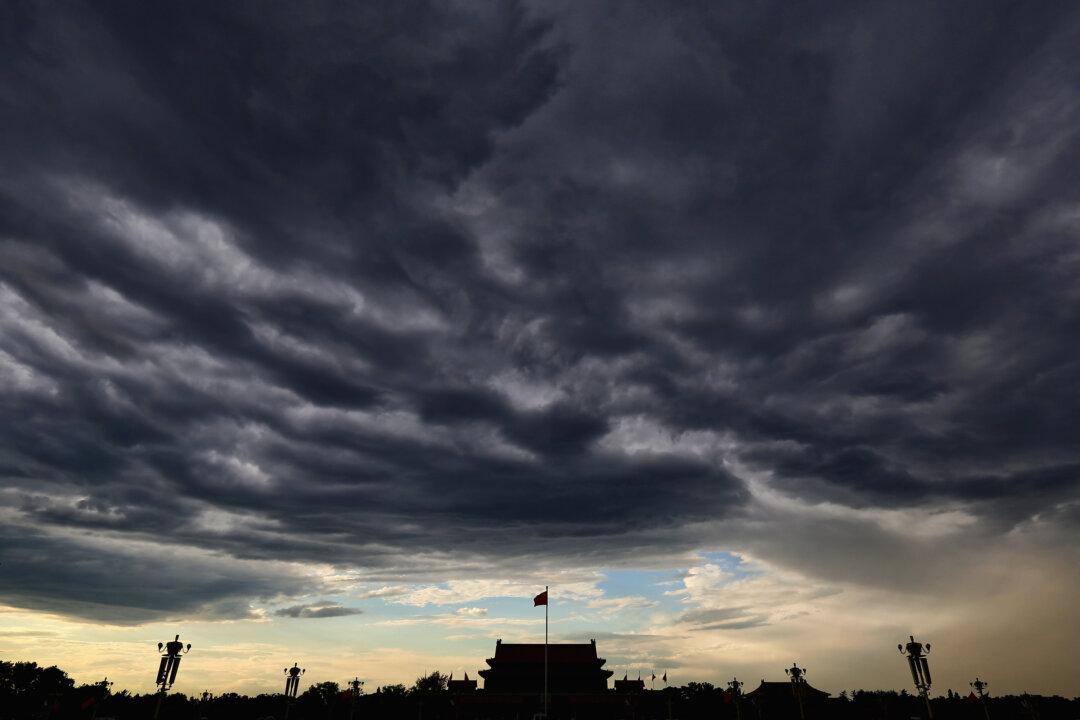Commentary
The steps that Chinese Communist Party (CCP) leader Xi Jinping would need to take to save the economy would require him to relinquish control—but he is not prepared to do that.

The steps that Chinese Communist Party (CCP) leader Xi Jinping would need to take to save the economy would require him to relinquish control—but he is not prepared to do that.